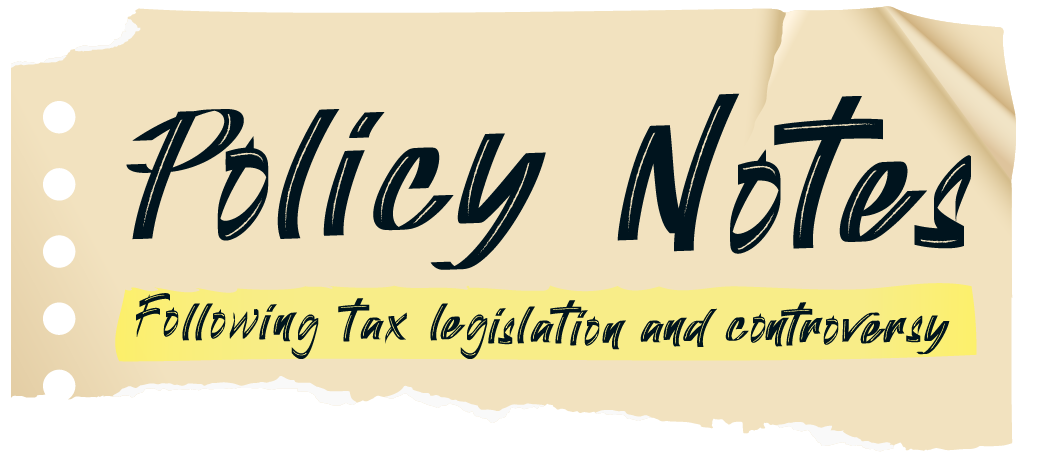House Revenue: Tuesday, May 9, 2023

Hearing Summary
On Tuesday, the committee held public hearings on a special property tax assessment for irrigated farmland, a clarification that floating residential structures are exempt from property tax, and a title-only bill making changes to the corporate activity tax.
Special Assessment for Irrigated Farmland
Rep. Mark Owens (R-Crane) has spent much of this session working on water policy and incentives for rural regions of the state. On Tuesday, he presented a measure, HB 2971, which allows farmers participating in stream leasing to remain eligible for special assessment programs. Rep. Owens and several water conservancy advocates testified on the program's success, especially in regions where water supply has dwindled in recent years. Nobody testified in opposition.
Floating Structures
Sen. Chris Gorsek (D-Gresham) is asking the legislature to approve SB 198, establishing a distinction between commercial and residential floating structures. The legislature has already exempted floating homes from the personal property tax but did not include floating structures, such as garages. Sen. Gorsek's office told the committee floating structures are a unique way to increase the state's affordable housing inventory, especially for older residents. However, the personal property tax poses a significant challenge for residents traveling during the winter because the bill arrives when they are away. Notably, the measure passed the Senate unanimously and the committee did not seem to have any issues with the proposal.
Corporate Activity Tax Changes
The committee also held a public hearing on HB 2073, a placeholder bill for the corporate activity tax (CAT). While there has been some talk this session about the legislature making policy changes to the tax, the committee focused on three changes under consideration in a -1 amendment.
The -1 amendment adds agricultural food processors to the special certification for farmers to estimate the amount of a crop or product sold inside the state. In 2020, the legislature allowed other agricultural taxpayers to use either a certificate received by a processor or an industry average for the commodity in the previous year. According to the Legislative Revenue Office (LRO), the exemption will cost roughly $1 million in CAT collections.
The amendment also includes an exemption of precious metals from the CAT. The exemption allows a taxpayer to exclude the amount a dealer pays for the product, limited to the metal content and not the form of the item (e.g., someone cannot claim the cost of jewelry but only the metal content). LRO says the cost of the exemption is approximately $200,000.
And finally, the committee considered a proposal from the Oregon Department of Revenue to provide flexibility on the filing date for the CAT. Currently, the statute says the filing date is April 15, without consideration for weekends or holidays. This means the filing date for the tax will often occur on a different day than the income tax, which could result in confusion among taxpayers. The Department of Revenue is asking the legislature to align the date with the income tax and set the filing date as the 15th day of the fourth month following the tax year, but the next business day if the day falls on a weekend or holiday.
Chair Nancy Nathanson (D-Eugene) seems interested in moving the three changes to the CAT to the Joint Committee on Tax Expenditures to have a single vehicle in the committee for consideration.





